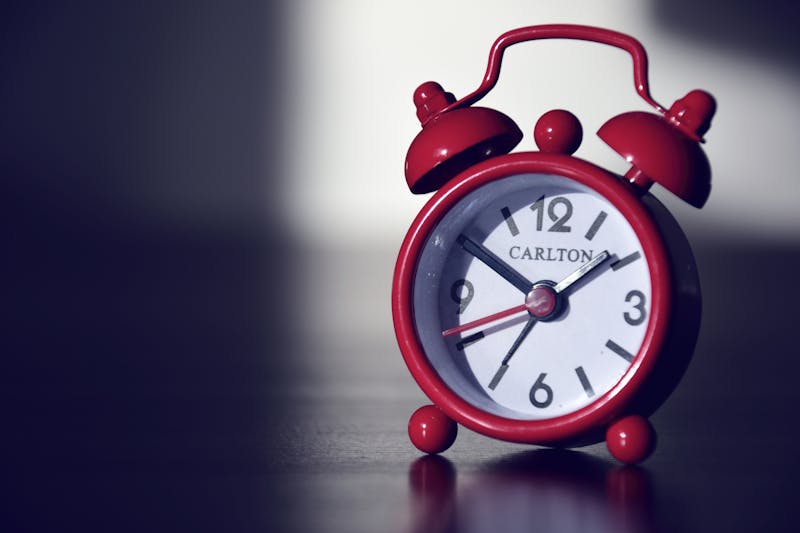Hair Straightener Uterine Cancer Lawsuits: What You Need to Know
Uterine cancer is a serious health issue, and it can have devastating consequences for those affected. Unfortunately, recent studies suggest that long-term use of hair straighteners may contribute to the development of uterine cancer.
This has led to numerous lawsuits from people who have been diagnosed with uterine cancer after using hair straighteners for an extended period. In this blog, we’ll take a look at some of the key components of these lawsuits and explore the potential legal claims that can be made in these cases.
We’ll also discuss what you should do if you believe that your uterine cancer is linked to hair straightener use. By understanding your rights, you can move forward in seeking compensation.
Do You Have a Claim?
If you were diagnosed with uterine cancer and used hair straighteners, you might be wondering if you have a claim. In this situation, you may have a claim if you can prove that the use of hair straighteners caused or significantly contributed to your uterine cancer diagnosis.
The first component is that you must have used a hair straightener at least four or more times. Evidence suggests that it is only after repeated and prolonged use that hair straighteners can become a contributing factor to the development of uterine cancer.
It’s also important to prove that you suffered an injury or loss as a result of using the hair straightener. This could include medical bills, lost wages due to time off work, pain and suffering, or emotional distress.
Finally, you must provide evidence that the hair straightener caused your uterine cancer diagnosis. This includes providing medical records and expert testimony from oncologists or other medical professionals who can attest to a connection between hair straightener use and your uterine cancer diagnosis.
This may sound like a lot to consider, but your product liability attorney at The Higgins Firm will oversee and handle these specifics of your case, so you don’t have to worry about trying to figure it all out on your own.
Uterine Cancer Study 2022
In 2022, the NIEHS (National Institute of Environmental Health Sciences) conducted an extensive study on the link between hair straightener use and uterine cancer. The results were remarkable.
The extensive study covered 33,497 women between the ages of 35 and 74, during which time they were tracked for approximately 11 years.
Of those 33,497 women, 378 were diagnosed with uterine cancer in that period. After careful analysis of the study, it was determined that 1.64 percent of women who didn’t use hair straightener products could still suffer from a uterine cancer diagnosis by the time they reach 70.
But of the women who did use hair straighteners, they increased their vulnerability to this ailment up to 4.02 percent by the age of 70. The difference is striking, and it is clear that the long-term use of hair straighteners can increase a person’s risk of uterine cancer by a significant degree.
It’s worth noting that the NEIHS study excluded all other hair care products—dyes, relaxers, perms, etc. The study effectively narrowed down the uterine cancer diagnoses to just hair straighteners.
Proving Your Case in Court
If you have been diagnosed with uterine cancer and believe that it was caused by your use of a hair straightener, you will need to prove three key components:
- First, you must establish that the product was defective, meaning it was inherently dangerous and posed a risk to the user.
- Second, you must prove that the hair straightener manufacturer either knew or should have known that the product was dangerous and failed to act on that knowledge.
- Third, you must demonstrate that the defective product caused your uterine cancer diagnosis. This is where evidence from the NIEHS study can be incredibly beneficial in establishing a link between hair straightener use and uterine cancer.
The Higgins Firm lawyers can review your case for free. Here is an interview with Jim Higgins discussing the rise of products liability lawsuits and how we handle them.
Other Cancers Related to Hair Straighteners
Not only is uterine cancer linked to hair straighteners, but other cancers are, as well. Research suggests that prolonged and frequent use of hair straighteners can increase a person’s risk of endometrial cancer, breast cancer, endometriosis, uterine fibroids, and uterine sarcoma.
If you used hair straighteners and developed any of these conditions, you may be eligible to file a product liability lawsuit against the manufacturer. The first step is always to speak with a lawyer who has experience in this field.
Your lawyer at The Higgins Firm will review your case, discuss the legal options available to you, and help you determine if filing a product liability lawsuit is the right path forward. Although our injury firm is based in Nashville, Tennessee we handle cases through the country.




![Average Settlement for Car Accidents in Nashville [What to Expect in 2025]](https://www.thehigginsfirm.com/wp-content/uploads/2025/03/car-accident-settlement.jpg)
